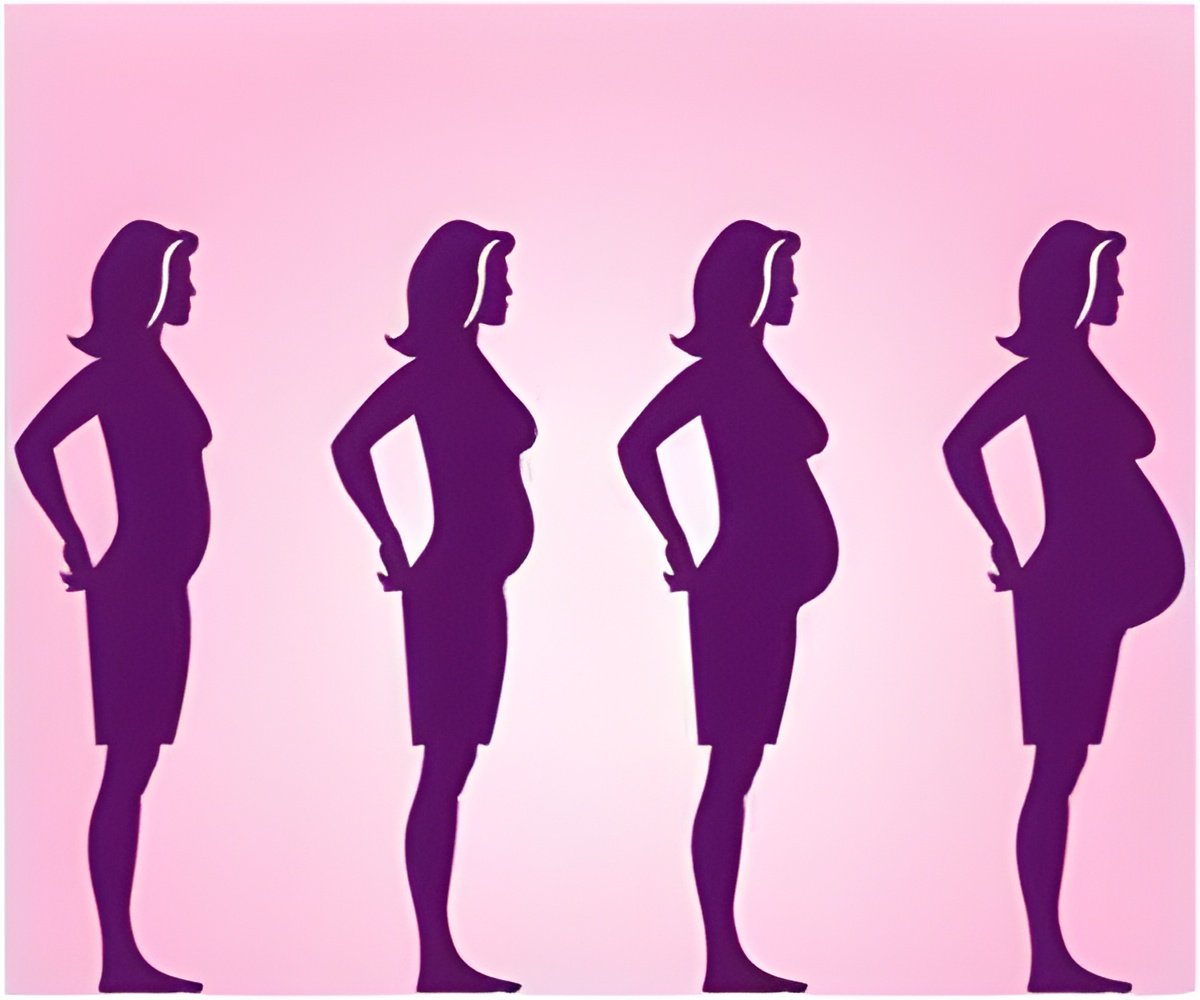
The authors, from the University of Oxford, looked at 64,000 births between 2008 and 2010 from across England. Both multiparous women (those who had given birth before) and nulliparous women (those who had never given birth before) were included in the study to estimate the cost-effectiveness of alternative planned places of birth. This study forms part of the wider Birthplace in England national prospective cohort study that recently reported on the safety of planned births in different settings for women with low risk pregnancies.
The National Institute for Clinical Excellence (NICE) has previously suggested that estimating the cost-effectiveness of alternative places of birth should be a priority area for research.
The study looked at the costs and cost-effectiveness of planned births in four settings: obstetric units, midwifery units located in the same hospital as an obstetric unit, free-standing midwifery units and home. The study assessed NHS costs associated with the birth itself – for example midwifery care during labour and immediately after the birth, the cost of pain relief and any medical care and procedures needed in hospital if complications developed, and the cost of any stay in hospital, midwifery unit, or neonatal unit immediately after the birth either by the mother or the baby.
The costs for planned home and midwifery unit births took account of interventions and treatment that the women and babies received if they were transferred into hospital during labour or after the birth. The costs did not include any longer term cost, for example the life-long cost of caring for babies who suffer serious birth injuries or any increased maternity care costs in subsequent births if the woman suffers complications which increase her risks in future pregnancies.
The study evaluated cost-effectiveness by looking at the relative costs of achieving good outcomes for the mother and baby in each planned birth setting.
Advertisement
For nulliparous women, a planned birth in a midwifery unit compared with planned birth in an obstetric unit was less expensive. Planned birth at home was also cost saving but was associated with poorer outcomes for the baby.
Advertisement
The analysis was not able to take account of women's preferences or longer-term costs, and the study did not assess the financial impact on the NHS of changing the configuration of services, so the authors say that more comprehensive economic assessments may still be required.
Co-author of the study, Liz Schroder said: "At the time of the study, only half of the NHS Trusts in England provided women with access to a midwifery unit, and occupancy levels were often low. The findings of the Birthplace study may encourage women – particularly women having a second or subsequent baby - to request an 'out of hospital' birth. And the potential for cost savings could make offering women more choice an attractive option for the NHS."
Source-Eurekalert










